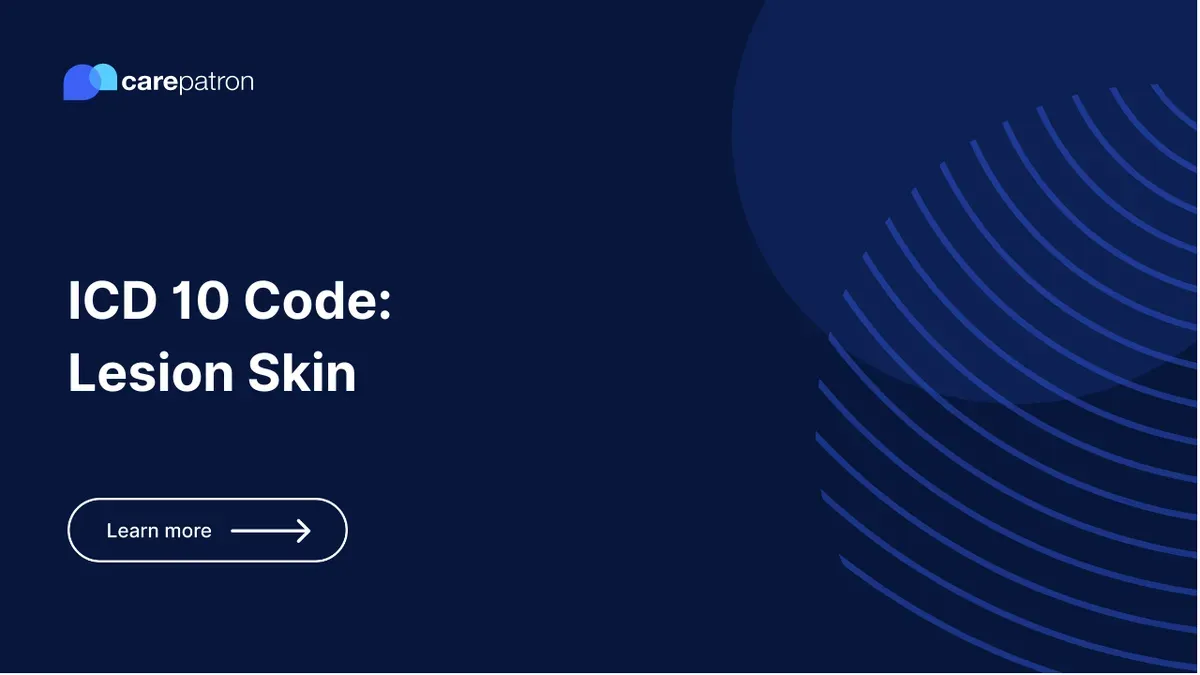
Lesion Skin ICD-10-CM Codes | 2023
Read our -guide to learn about some of the ICD-10 codes you can use related to skin lesion and know more about this condition.
Use Code
EHR and practice management software
Get started for free
*No credit card required
Free
$0/usd
Unlimited clients
Telehealth
1GB of storage
Client portal text
Automated billing and online payments
